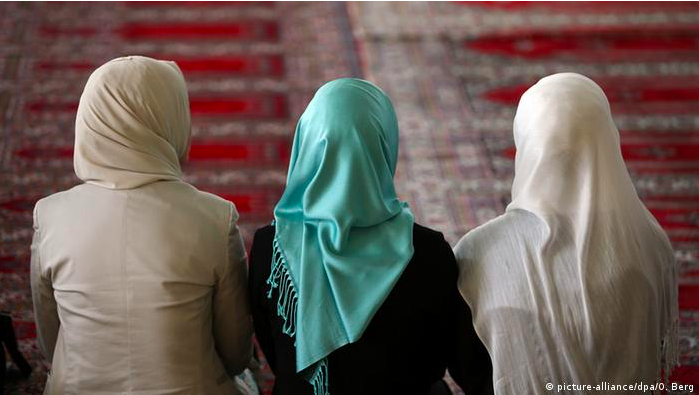Has Islam really exalted the status of women ?


There is a general impression created by the followers and appeasers of Allah ka deen, which revolves around how Islam has given a lot of rights to women. Some common perceptions connected to this and their counter arguments are discussed here
O Prophet, enjoin your wives and your daughters and the believing women, to draw a part of their outer coverings around them. It is likelier that they will be recognised and not molested.
In Chapter 24, The Light, here is what verse 31 states
And tell the believing women to reduce [some] of their vision and guard their private parts and not expose their adornment except that which [necessarily] appears thereof and to wrap [a portion of] their headcovers over their chests and not expose their adornment …
On the other side of this argument, we can see that before Islam, Muhammad’s first wife Khadija was a business woman. After Islam, she became a housewife and her business was wrapped up
DISCLAIMER: The author is solely responsible for the views expressed in this article. The author carries the responsibility for citing and/or licensing of images utilized within the text.
1 Comment
You must be logged in to post a comment.

You shouldn’t be posting things that you barely have knowledge about.